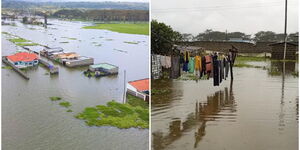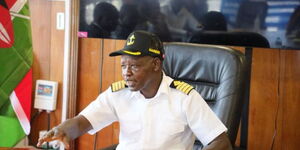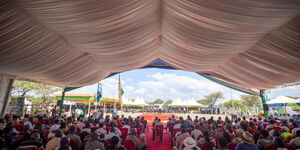The Ministry of Health has announced plans to roll out a new medical code starting next week, aimed at regulating the distribution and sale of medicines across Kenya.
Health Cabinet Secretary Aden Duale made the announcement during a working tour in Kisumu, where he commissioned state-of-the-art CT scan and mammogram machines at the Jaramogi Oginga Odinga Teaching and Referral Hospital (JOOTRH) under the National Equipment Service Program.
According to Duale, the new code is intended to curb the sale of counterfeit drugs, which remains a major concern for both the government and the public.
He emphasized that only licensed pharmacists will be allowed to dispense drugs, a move that will lock out unqualified individuals currently operating without proper certification.
Further, the government will ensure that only medicines approved by the Pharmacy and Poisons Board are distributed in the country.
“We are introducing medicine codes into our system. If you’re not a pharmacist, you will not dispense drugs. Only medicines approved by the Pharmacy and Poisons Board will reach Kenyans,” Duale stated.
The CS acknowledged that the yet-to-be-publicly released code could face resistance from some quarters but affirmed that the government would not be deterred.
He likened the expected pushback to the backlash once faced by former Transport Minister John Michuki, who introduced tough but later praised reforms in the transport sector.
Adding that, ''I know that there will be another noise next week, which I am equally ready for. So let's buckle up.''
In December last year, the Pharmacy and Poisons Board (PPB) rolled out a new technology meant to curb the rise of sub-standard drugs in the Kenyan market.
In a statement, the PPB announced a collaboration with Missions for Essential Drugs and Supplies (MEDS) to implement advanced Near-Infrared Technology (NIR), known as Pillscan.
The technology was acquired from the Global Health Labs USA, thanks to support from the Global Fund. Part of its implementation process involves re-training of personnel, equipment qualification, and the development of a comprehensive library to support operations.












